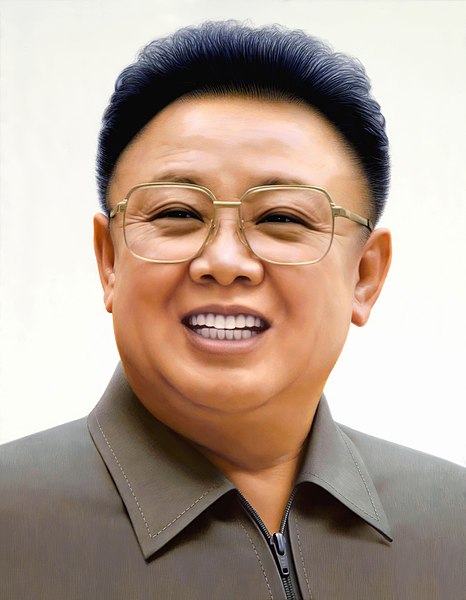Did people create their own businesses within the USSR? How did they have to work inside the planned economy?
deleted by creator
Thank you, comrade, have a nice day!
My understanding is that entrepreneurship was allowed, but the capitalist-worker relationship was not. To that end, you were free to open your own business (as long as it was of a type permitted by the law, a restaurant for example), but you could only employ yourself and your immediate family. If you employed anybody else, you had to register the business as a cooperative, and each employee had to be given a share in the company. I don’t know if there was any provision for temporary work, i.e., the kid next door wants some extra pocket money, so you pay him to help stock shelve for an hour or two every weekend.
The Soviet economy was never totally state-owned. The agricultural sector, for instance, was private, but owned cooperatively, by the people who worked the fields. Farms sold produce to the government, which then took care of the distribution. Tito’s Yugoslavia took the Soviet agricultural model further, applying it to the whole economy; independent, cooperatively-owned enterprises competed to sell products to the government, which then (as in the USSR) distributed them. This was touted as being “more socialist,” because the workers had direct control over the means of production, without the state acting as an intermediary. Unfortunately, it also had the negative effect of enforcing ethnic divisions; economic competition became a proxy for ethnic competition, and this probably helped lay the ground for the destructive wars that racked Yugoslavia in the 90s.
EDIT: I should add that Soviet law on entrepreneurship probably needed reform toward the end, because you had the phenomena of “shadow” capitalists who worked on the very borders of what was legal. A bunch of these people later became oligarchs. It’s been argued that, because of this, capitalism has even less legitimacy in Russia than anywhere else. Carnegie, Hanna, and the other 19th century “robber barons” were always exploiters, but they worked more or less within the law, and they did build up the economy. Russian capitalists were criminals and wreckers from the start (you see this in their alliance with organized crime during the 1990s), and they have always been associated with economic destruction.



